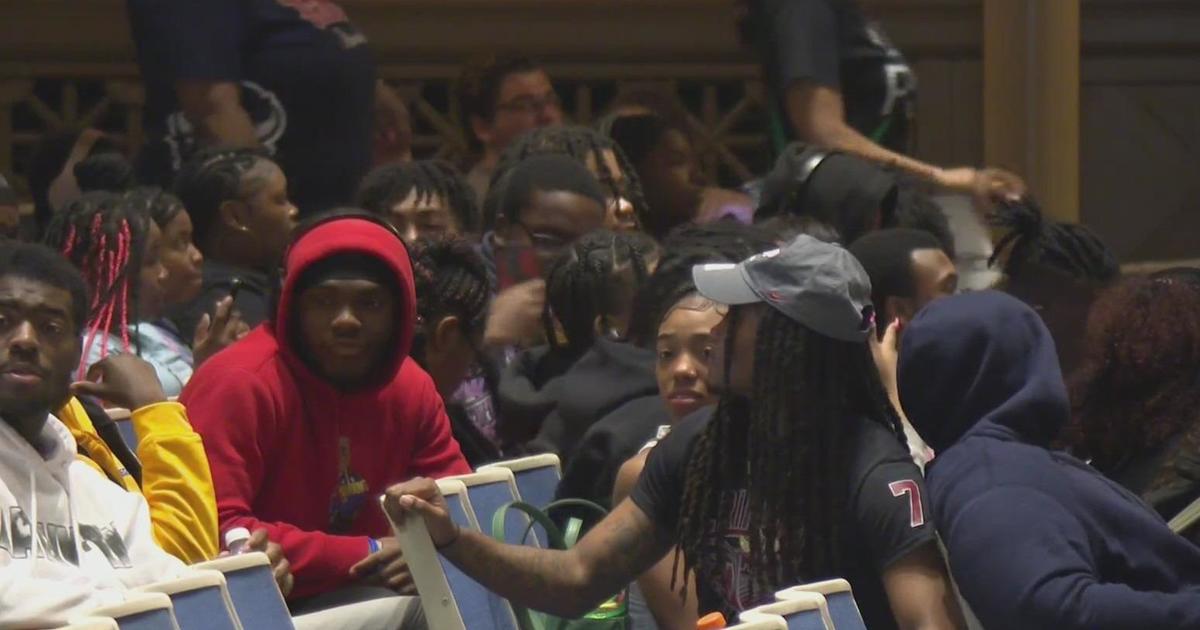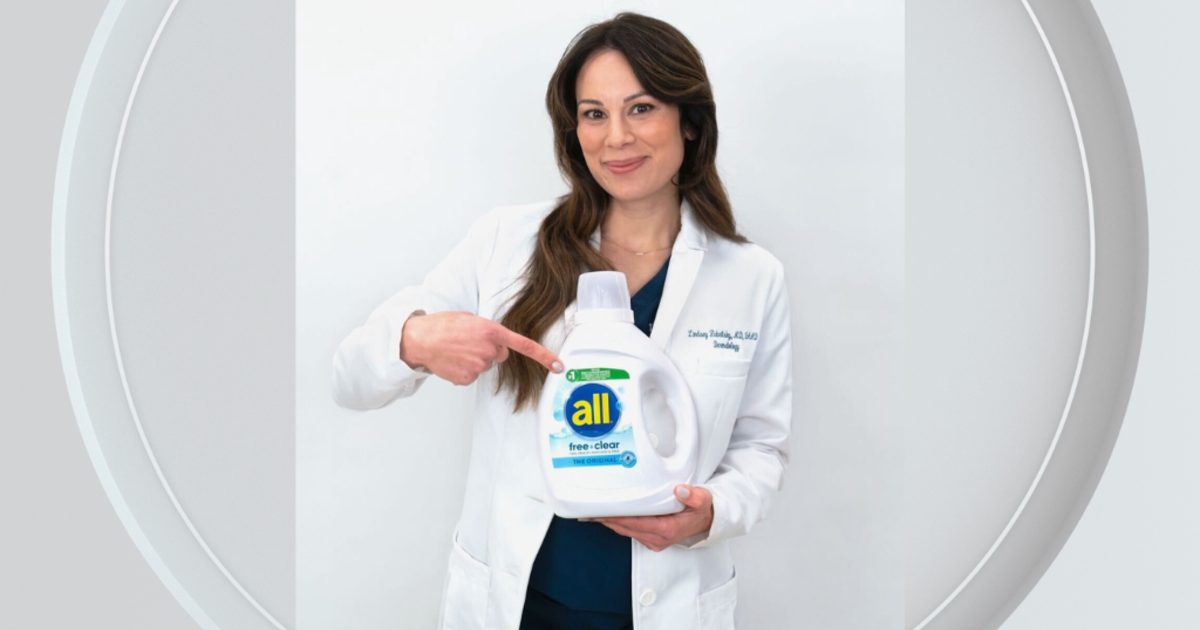Pa. Attorney General's Office Takes Challenge Over Trump Administration Contraceptive Rules To Supreme Court
WASHINGTON (AP/KDKA) — The Supreme Court seemed concerned Wednesday about the sweep of Trump administration rules that would allow more employers who cite a religious or moral objection to opt out of providing no-cost birth control to women required by the Affordable Care Act.
The justices heard their third day of arguments from attorneys conducted by telephone because of the coronavirus pandemic. Among the attorneys present was Pennsylvania's Chief Deputy Attorney General Michael Fischer.
"The rules would impose costs on Pennsylvania and New Jersey," said Fischer. "That is in some ways sort of the most basic type of injury that all parties, not just states, allege in showing harm."
The first of two cases before them Wednesday stemmed from the Obama-era health law, under which most employers must cover birth control as a preventive service, at no charge to women in their insurance plans.
In 2017, the Trump administration announced it would broaden an exemption to the contraceptive coverage requirement that previously applied to houses of worship, such as churches, synagogues and mosques. But the change to "Obamacare" was blocked by courts.
The court's four liberal justices suggested they were troubled by the new rules, which the government has estimated would affect about 70,000 women who would lose contraception coverage in one year as a result.
Chief Justice John Roberts, a key vote on a court split between conservatives and liberals, suggested that the Trump administration's reliance on a federal law about religious freedom to say that the expansion was required or at least authorized was "too broad."
Justice Ruth Bader Ginsburg, who joined the conversation from a Maryland hospital where she was being treated for an infection caused by a gallstone, gave the government's top Supreme Court lawyer, Solicitor General Noel Franciso, what sounded like a lecture.
"You have just tossed entirely to the wind what Congress thought was essential, that is that women be provided these .... services with no hassle, no cost to them," said Ginsburg, who is expected to be in the hospital for a day or two.
"This idea that the balance has to be 'all for' the Little Sisters type organizations, and 'not at all for' the women – it just seems to me to rub against what is a history of accommodation, of tolerance," Ginsburg added.
Justice Ginsburg and the other eight Justices each had a chance to question arguments presented to the High Court.
"What would the Little Sisters feel compelled to do if they lose this case and they are told, 'You must provide this coverage through your plan'"? said Justice Samuel Alito.
"The Little Sisters believe that complying with this mandate is simply inconsistent with their faith. And so, if this burden is imposed on them, they will have to reconfigure their operations," said Paul Clement, the attorney for the Little Sisters of the Poor, a Roman Catholic-based charitable organization based in Pittsburgh.
Beyond exempting churches, synagogues and mosques from the contraceptive coverage requirement, the Obama administration also created a way by which religiously affiliated organizations including hospitals, universities and charities could opt out of paying for contraception, but women on their health plans would still get no-cost birth control. Some groups complained the opt-out process violated their religious beliefs.
Trump administration officials in 2017 announced a rule change that allows many companies and organization with religious or moral objections to opt out of covering birth control without providing an alternate avenue for coverage.
New Jersey and Pennsylvania challenged the rules in court, and a judge blocked them from going into effect. The judge found the Trump administration did not follow proper procedures for issuing the rules. An appeals court agreed, and the administration appealed to the Supreme Court to step in, as did the Little Sisters of the Poor. The order of Roman Catholic nuns had been instrumental in challenging the Obama administration rules.
"When the Trump administration put forward what we believe was an illegal rule that would have allowed any CEO, for whatever their moral beliefs are, to deny woman employees access to contraception, we fought back, we filed a lawsuit and went in court three times and have an injunction in place, which has allowed millions of women across this country to continue to have access to contraception," Pennsylvania Attorney General Josh Shapiro said.
"For a single district court judge to think that he or she has a monopoly on the reasoning here and should impose a remedy that affects people across the nation seems to me to be very imprudent and not something that's consistent," says Clement.
Even though the Trump rules remain blocked, a ruling by a federal judge in Texas in June already allows most people who object to covering contraception to avoid doing so.
The second case heard Wednesday involved a 1991 law aimed at protecting consumers from unwanted telemarketing calls. Political organizations that want to use automated calling to do things like make calls to encourage people to vote challenged the law as a violation of the First Amendment.
(TM and © Copyright 2020 CBS Broadcasting Inc. All Rights Reserved. This material may not be published, broadcast, rewritten, or redistributed. The Associated Press contributed to this report.)



